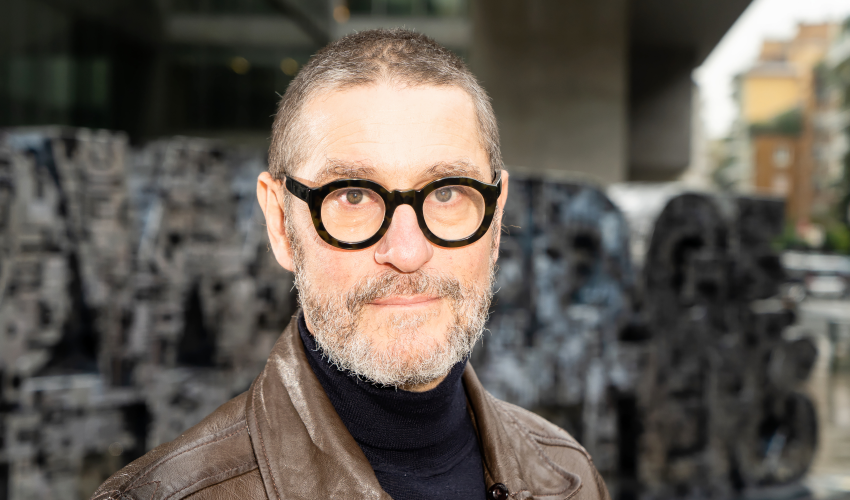
That Formidable Year: More Than the Wall Fell in 1989
A DECISIVE MOMENT NOT JUST FOR EVENTS IN BERLIN, BUT ALSO TIANANMEN SQUARE, GORBACHEV'S TURNING POINT AND DE KLERK'S ELECTION IN SOUTH AFRICAby Andrea Colli, Dept. of Decision Sciences
Translated by Jenna Walker
Dates on the calendar with important anniversaries are rightly celebrated, although it is worth remembering that they are symbolic: the alternatives of history are hardly all concentrated in what the great historian Stefan Zweig calls "decisive moments." However, it is not easy to avoid labeling 9 November 1989 as such, and there have been so many changes since that date that have profoundly affected the character of the contemporary world.
On closer inspection, however, the day "the world changed" can be viewed not so much and not only as the fall of a barrier – symbolically, the expansion of the space that takes the name of globalization – but also the point of arrival of a long journey that began many years before, when the cracks in the bipolar geopolitics of the Cold War had begun to spread everywhere. In East Asia, when China initiated the reform policy in 1978 that sanctioned re-entry into the global economic system and, shortly afterwards, in Eastern Europe, with the first strike in the Danzig shipyards in August of 1980, which led to the birth of the historic movement of opposition to the regime embodied by the Solidarity trade union. Just like the center of an hourglass, in short, November 1989 was as much a starting point as a point of coagulation of transformations that had started long before.
If, however, a simple chronology of the events of that year is scanned, it is difficult to escape the impression that it really was a decisive moment, characterized by an exceptional, unusual bundle of revolutionary events destined to deeply and permanently influence the time to come. When the wall was demolished, 1989 had already witnessed a quick sequence of events that are difficult not to consider strongly symbolic of radical changes. Starting in the spring, student protest movements inflamed China and led to the tragic events of Tiananmen. At the same time, the Soviets finally admitted the failure of their Afghan campaign, starting the withdrawal of troops that occupied the Central Asian country, while Mikhail Gorbachev, President of the USSR since May, had lunch at Buckingham Palace, shortly before meeting Pope Wojtyla in Rome. With the election of Frederik De Klerk in South Africa in August, the process of knocking down another equally hateful wall had begun: a racial one. Meanwhile, Hungary started the removal of hundreds of kilometers of border fences with Austria (a gesture that today has a bitter taste). Demonstrations of the Velvet Revolution followed in Czechoslovakia in the spring, while the songs of the "Singing Revolution" resounded in the Baltic republics. In Romania, the autocratic regime of Nicolae Ceausescu was inexorably disintegrating.
But it wasn't just a political revolution. Other barriers were falling, in a world that was suddenly increasingly interconnected: in early 1989, Motorola launched the Micro TAC, the first real mobile phone, and in the United States the first commercial internet connections were established, at the same time the first GPS satellite was beginning to orbit the Earth. Privatization and liberalization spread everywhere in Europe, effectively symbolized by the privatization of the water sector signed by the British conservative government in the summer of 1989.
Unfortunately, however, there was even more to the cornucopia of 1989. On 28 June 1989, on the 600th anniversary of the Battle of Kosovo, Slobodan Milosevic was speaking in the middle of the ethnic Albanian majority region in Kosovo, in front of a Serbian multitude. He gave a speech praising peace, prosperity and unity – but which, in fact, constituted the first episode of a tragic conflict destined to ignite the Balkans for a decade, and to turn into one of the most tragic and shameful legacies of that extraordinary year.
Read more about this topic:
A Lesson from Romania for the European Budget
How the United Nations Regained Its Centrality
The Labor Market and the Costs of Unification
Eastward expansion has changed the face of the Union
